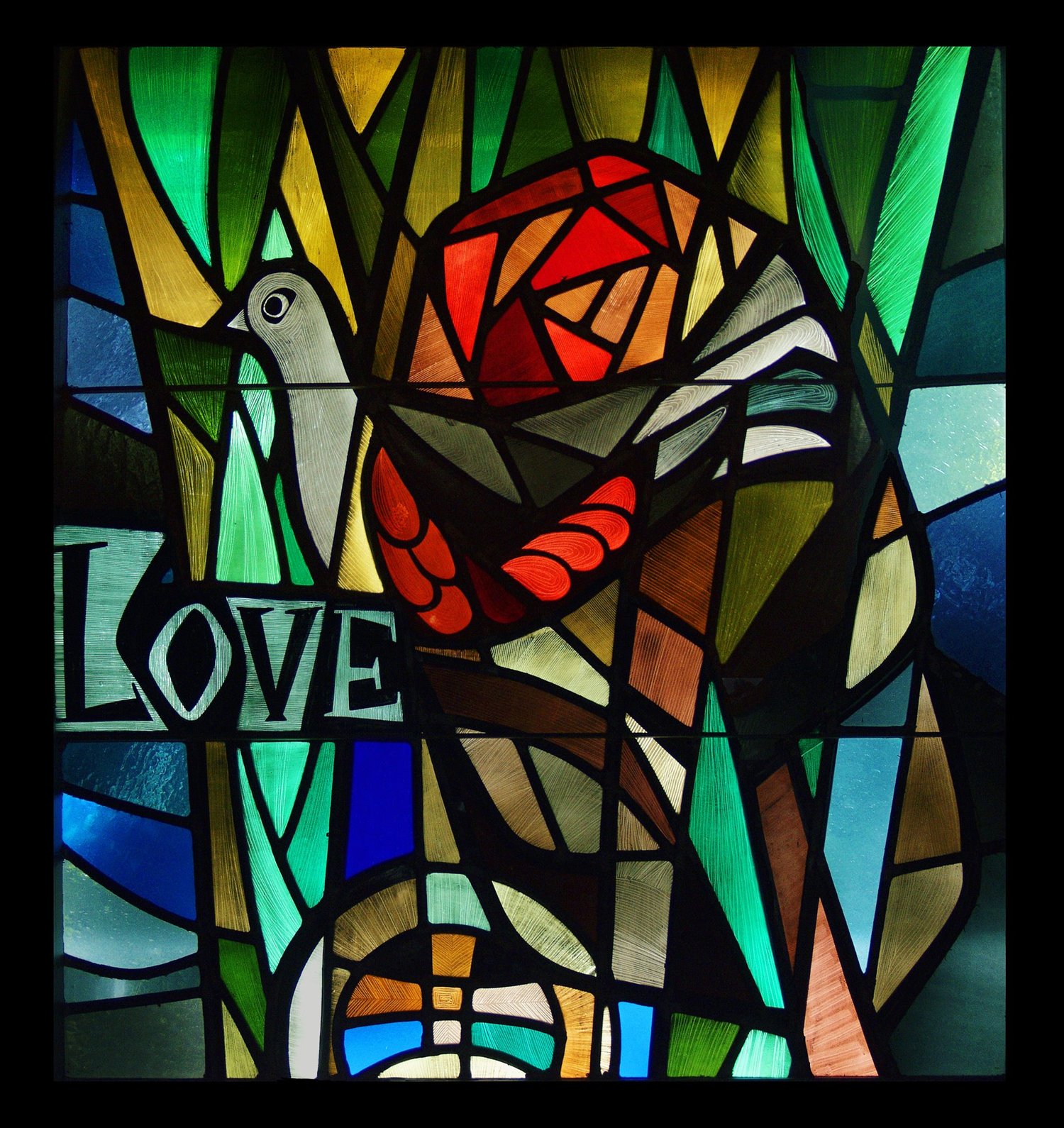A recent article about Fred Rogers' lessons for our own lives impressed me. There has been a major focus on Rogers, his impact on children via television and the absence of a similar presence today, not just for kids but also for all of us. He left shoes too big to fill and a void that seems to grow daily. The article referenced below distilled seven lessons for us from him. If you'd like to read the other six lessons from Shea Tuttle's article, check this link:
Here is Lesson #7:
7. We are neighbors
Mister Rogers didn't call us "acquaintances" or "friends"; he didn't call us "boys and girls" or "ladies and gentlemen." He called us neighbors.
"Neighbor" is biblical language, which Fred knew well. The Hebrew Bible instructs God's people to "love your neighbor as you love yourself" (Lev. 19:18), and in the New Testament, Jesus discusses this commandment with a legal expert who is trying to lay a conversational trap for him (Luke 10:25-37).
"And who is my neighbor?" the scholar asks, like a sly Thanksgiving table guest or a social media troll.
And Jesus answers, like Mister Rogers might, with a story.
In the story, a man is beaten by thieves and left to die. A priest-a powerful man, both religiously and politically-approaches, sees the injured man, and crosses to the other side of the road to avoid helping. Another religious leader does the same. Finally, someone else comes down the road, someone who is the wrong class or the wrong color, a member of a despised group. He is on a journey, but he stops. He is "moved with compassion" and tends the injured man, takes him to an inn, and pays for his lodging and care.
"What do you think?" Jesus asks his tricky interlocutor. "Which one of these three was a neighbor?"
And though perhaps he can't believe he is saying so, the scholar answers, "The one who demonstrated mercy toward him."
When Mister Rogers called us neighbors, when he hosted us in his own Neighborhood for over 30 years, he was calling us-gently but firmly-out of our structures of power and our silos of sameness, into lives of mercy and care for one another.
Admittedly, maybe he was overly optimistic. Maybe he was calling us something better than we actually were. But maybe he believed that if he got to us while we were young, if he told us, again and again, that we were good, that we were lovable, and that we could extend mercy, maybe we could grow into real neighbors to one another.
Maybe we still can.
Ruth again:
I think as we consider voting to become a Creation Justice Church, the notion of neighbors is critical to the conversation; our neighbors include our world, our environment, those who have no voices...the silent ones, the animals, the plants.

